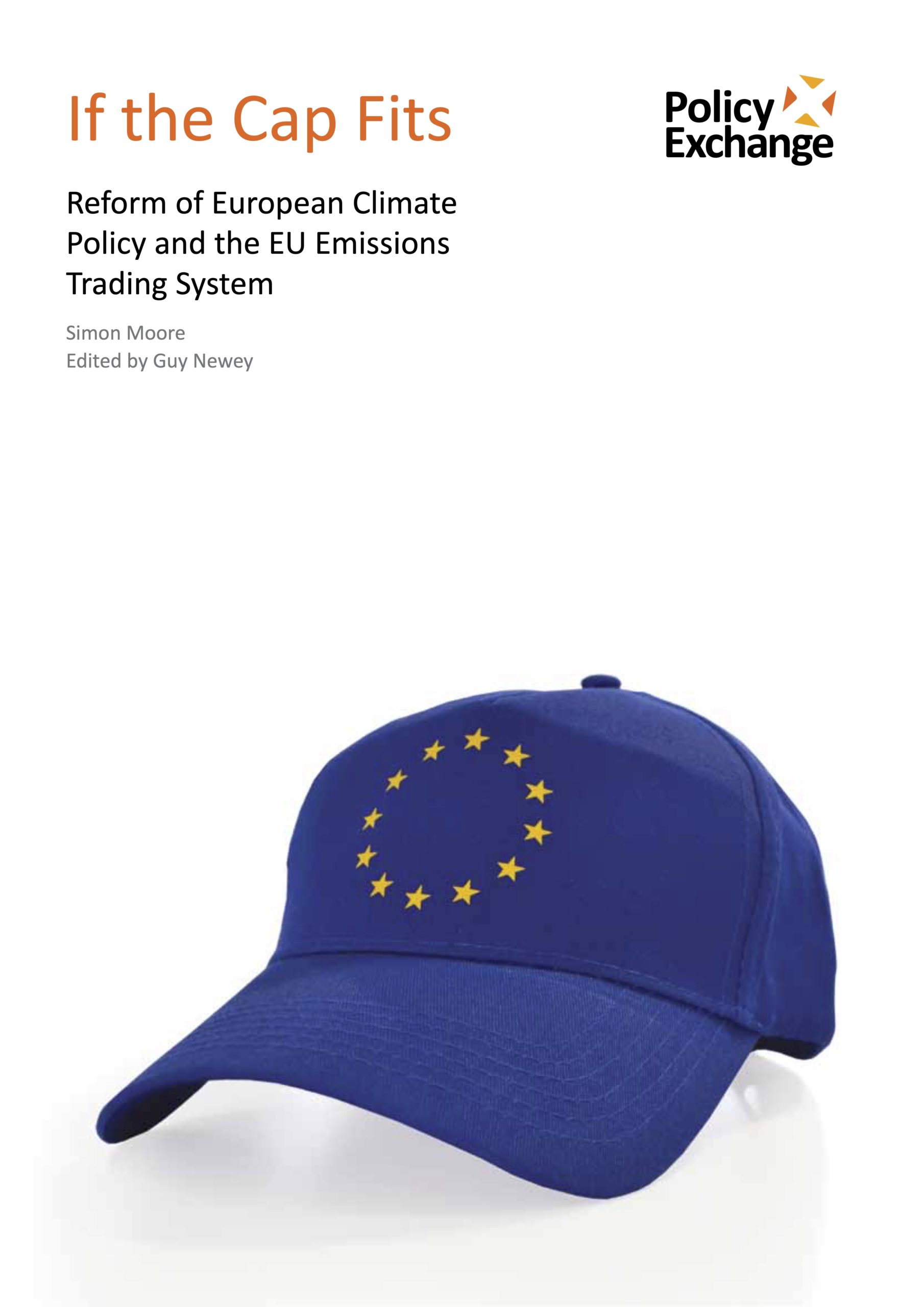
If the Cap Fits: Reform of European Climate Policy and the EU Emissions Trading Scheme
The EU’s flagship climate change scheme risks falling apart without radical overhaul.
If the Cap Fits, says that the Emissions Trading Scheme (ETS) is currently too weak, which could lead to a surge in new coal generation. It will also fail to meet the European Union’s own carbon reduction objectives.
The paper argues that a more ambitious cap on Europe’s emissions is essential. It calls for extending the ETS cap out to 2035 to provide investors with greater long term clarity. The EU should at the same time extend its carbon emissions reduction target from 40% by 2030 to 55% by 2035. Current plans would only achieve a 70% cut in emissions by 2050, far less than the 80-95% level of ambition set out in the 2050 Roadmap.
Further reform beyond a more ambitious cap is also imperative if the scheme is to deliver cost-effective carbon reductions. The report also recommends:
- The EU should avoid adding further pointless and expensive targets for renewable energy for 2030. The 2020 Renewable Energy Target has cost far more than cutting emissions through the ETS, unnecessarily raising consumer bills. With prices in the ETS as low as €3 to cut a tonne of CO2, renewable energy targets are forcing UK billpayers to pay 30 times as much (€90 a tonne).
- An independent agency, similar to the UK’s Committee on Climate Change, should be set up. This body would act independently from the EU Commission and provide advice on short term interventions in the market. The advisory body would recommend changes on a pre-established timetable and against a clearly defined set of criteria.
- The EU should cap emissions further into the future to provide investors with greater long-term clarity. In the past, the ETS has given at most 11 years of certainty. The report calls for the caps to be set up to 20 years into the future to ensure the ETS timing matches the timescale of energy infrastructure investments and the support provided through government subsidies.
The report comes as MEPs resume deliberations over the future of the ETS. The European Parliament’s Environment Committee is this week re-considering proposals for ‘backloading’, whereby some emissions allowances will temporarily be withheld from auction, in a bid to raise the price of carbon.


